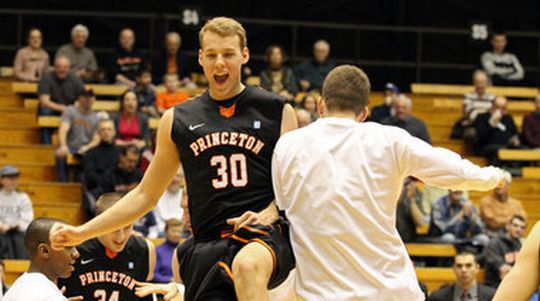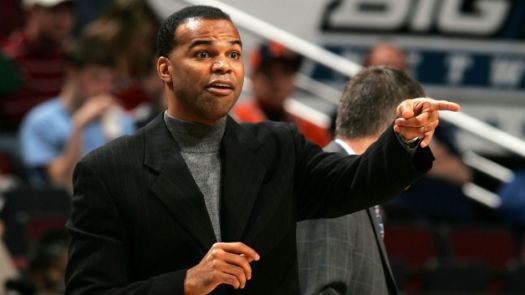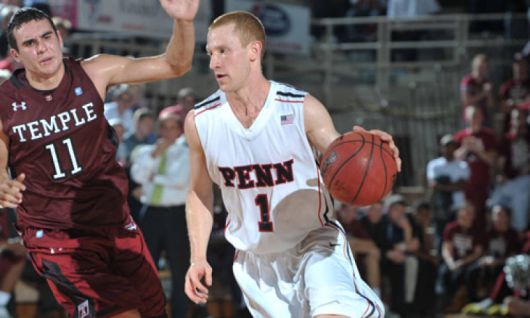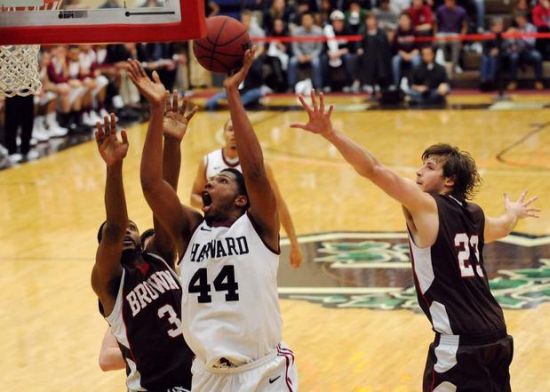CIO… the Ivy League
Posted by Brian Goodman on February 15th, 2013Michael James is the RTC correspondent for the Ivy League. You can also find his musings on Twitter at @mrjames2006 and @ivybball.
Looking Back
- One For The Record Book – While Yale’s 69-65 victory over Princeton sent shock waves throughout the league, the score itself obscured the myriad storylines, ranging from interesting to bizarre, hidden beyond a cursory glance. The Tigers saw their 21-game Ivy home winning streak come to an end – a run which extended all the way back to the 2009-10 season. The victory helped push the Bulldogs into a tie for third in the league and put Yale back on pace to finish in the Ivy’s upper division for the 13th consecutive season. Also, it marked just the seventh time in the Academic Index era (dating back to 1980) that a team pulled off the back-to-back sweep of Pennsylvania and Princeton on the road. The game itself was very strange, as both teams posted effective field goal percentages over 60% and each offense rebounded over half of its missed shots.
- High Octane – After spending most of the non-conference slate struggling mightily to score the basketball, the eight Ivies have experienced a veritable explosion on the offensive end during league play. Every team has seen its offensive efficiency rise, as the 14-Game Tournament has seen Ivy teams score an average of six points more per 100 possessions than they did during the non-conference slate. True-shooting percentage has risen substantially in league play as teams have started getting to the line more and converting a greater percentage of their three-point shots. Dropping threes is a great equalizer for an underdog, and sure enough, the league’s two biggest upsets to this point (Yale over Princeton and Columbia over Harvard) have seen the favorites succumb to a barrage of trifectas from their opponents.
Power Rankings
- Princeton (11-8, 4-1) – While the Tigers look like the most complete Ivy team and have the added benefit of experience going for them, one thing to keep in mind is that the Tigers haven’t played a road game since January 5th and have yet to venture away from Jadwin in league play. With seven of its final nine on the road, Princeton is about to find out just how tough it is out there, starting with its trip to Dartmouth and Harvard this weekend. Over the same timeframe that the Tigers won 21 straight games at Jadwin Gym, they went just 9-7 on the road, losing at five different Ivy venues. Princeton’s home-road splits this season have been pretty much dead even, so there’s no reason to expect any drop off as the Tigers leave New Jersey, and all it would take is one road sweep to make Princeton the prohibitive favorite. Read the rest of this entry »














































